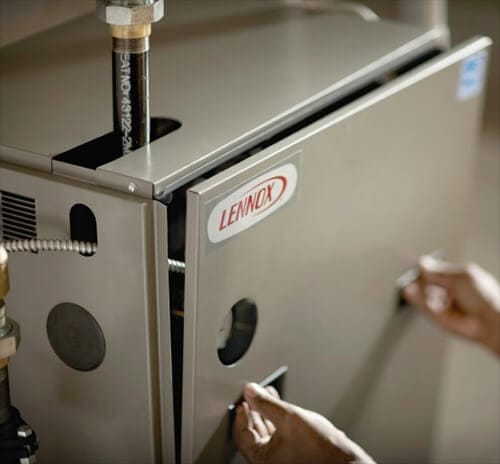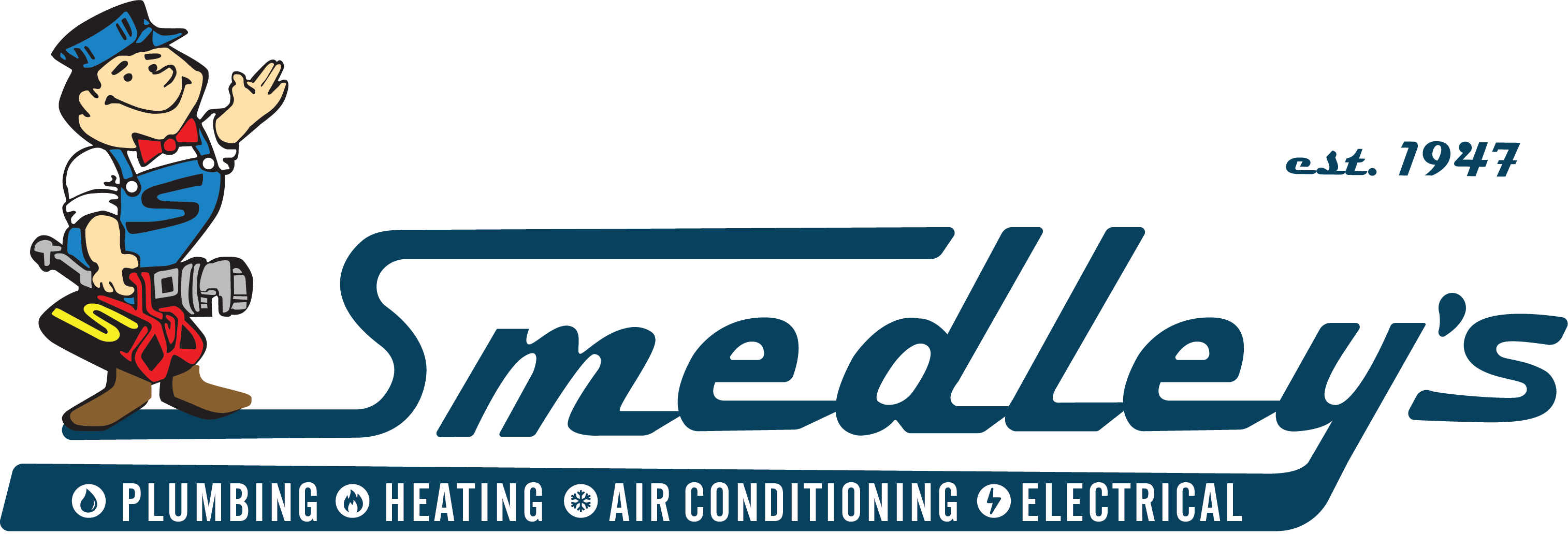
Whether you’re moving into a new home or your existing furnace has reached the end of its lifespan, it’s time to start looking for a new one. If you haven’t kept up with furnace technology over the recent decade, there are a lot of new features you may not know about. By following our furnace buying tips below, you can ensure that you purchase a furnace that meets your needs.
Picking a Furnace Type
While all furnaces work in generally the same way, they can be powered by four different types of fuel. These include electric, natural gas, oil and propane. If you’re replacing an existing furnace, it’s likely that you’re going to invest in the same kind you previously owned because you already have the infrastructure set up for that type of fuel. However, if you’re putting in a furnace for the first time, it can pay to know the main differences between the four types.
Electric
The cheapest, easiest to install and safest to use is the electric furnace, and it’s a breeze to maintain. However, with all of these conveniences comes a high operating cost. Since this type of furnace runs on electricity, it’s going to be much more expensive to run as compared to purchasing natural gas or heating oil.
Natural Gas
Natural gas is by far the most popular type of furnace out there. If you live in a region that has natural gas lines, it’s typically in your best financial interests to invest in a furnace that burns natural gas. This type of furnace can be more costly to purchase than its electric alternative. However, its operating costs can be relatively cheap. It also is more powerful than electric options.
Heating Oil
The runner-up for the most popular type of furnace is the oil variety. This works very similarly to the way a natural gas furnace does, with the main difference being that it creates heat from burning oil instead of gas. It’s a well-known fact that heating oil burns hotter than natural gas, so this type of furnace will be great for heating up your home very quickly. However, you’ll need to invest in a tank to store the heating oil that it uses.
Propane
Last is the propane furnace. This can be just as costly to purchase as a natural gas or heating oil furnace. It’s a very efficient option, though, because propane can produce the same amount of heat as natural gas from burning less fuel. Just like oil furnaces, you’ll need to have a propane supply tank installed at your home to store that fuel.
Assess Your Square Footage
Furnaces come in all different sizes. While you may be tempted to purchase the largest one you can find with the idea that it will heat up your home quickly, that’s just not the case. A furnace that is too large will short-cycle and run up your power bill. On the other hand, a furnace that’s too small won’t adequately heat your home and will also run up your power bill as it runs constantly.
To find a furnace that will fit your home, it’s best to assess your square footage. If you don’t know the square footage of your residence off the top of your head, simply measure all of your rooms and come up with a total. You’ll need to purchase a furnace that is rated to heat a home of your square footage.
Figure Out Your BTU Needs
Most furnaces are not listed by estimated square footage since the amount of heat production that you’ll need per square foot is going to vary greatly depending on where you live and other factors. In the state of Utah, you’ll want to have 35 to 40 BTUs of heat per square foot of your home.
BTU is simply a measurement used in the HVAC world to describe the amount of heat that a system produces for the amount of energy it exerts. So, you’ll want to take your home’s total square footage and multiply it by 40 to get the total BTU capacity that you’ll need. Let’s say you have 1,000 square feet. In this scenario, you’ll need a furnace that has a heating capacity of 40,000 BTUs.
Quality Furnace Services
Smedley Service offers quality furnace services for people throughout Layton and the surrounding area. You can count on us for all of your heating, cooling, plumbing, indoor air quality, water heater and backflow testing needs. Simply pick up the phone and give us a call today to get the assistance that you require.




